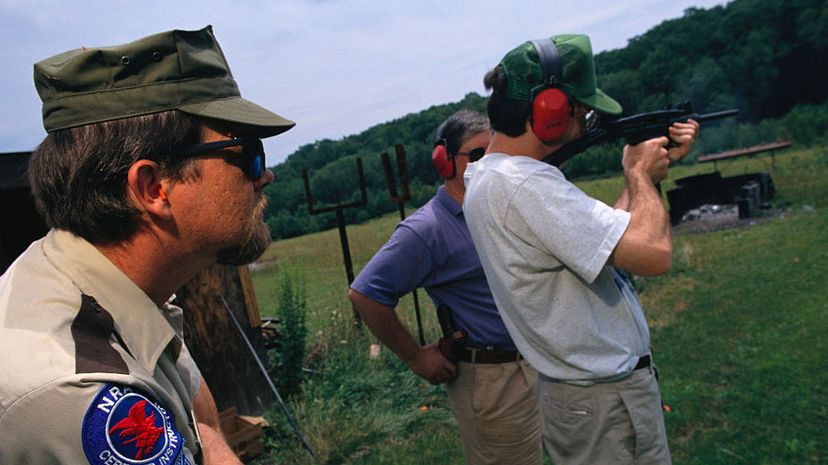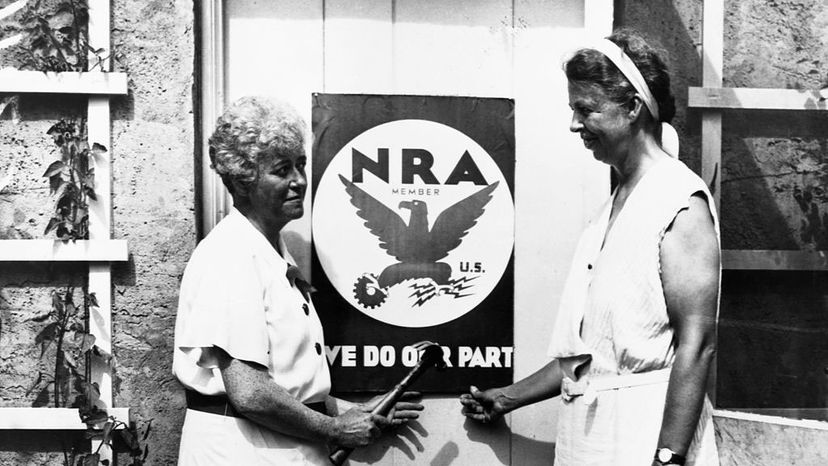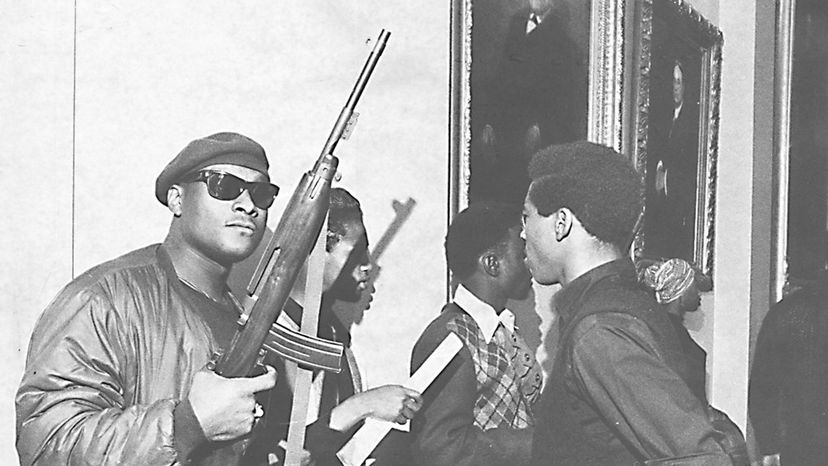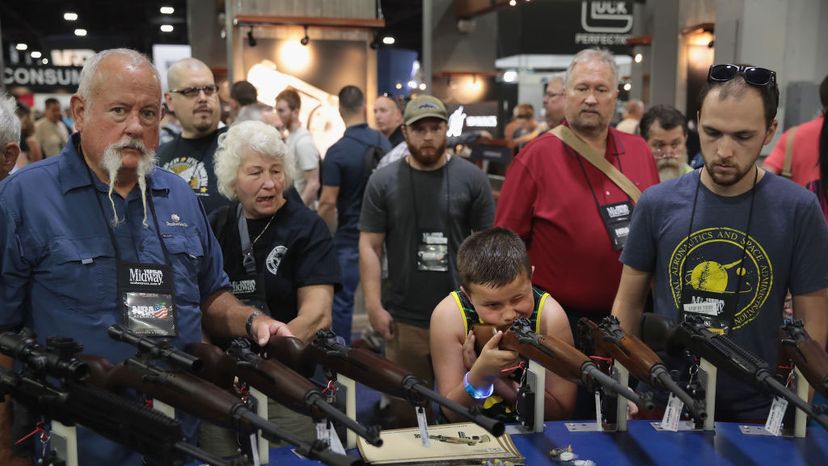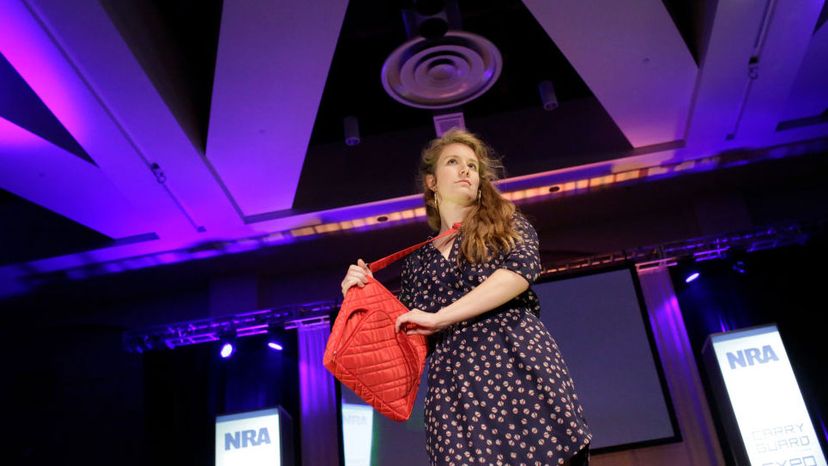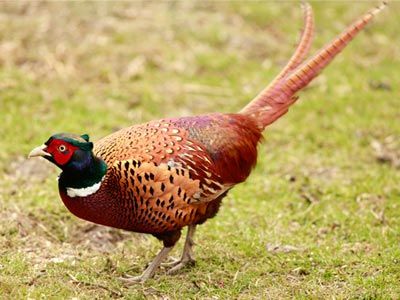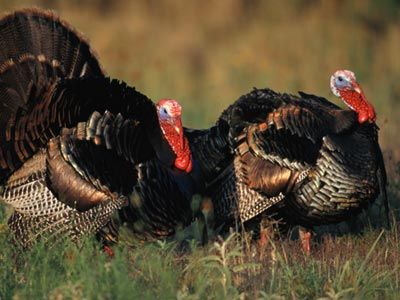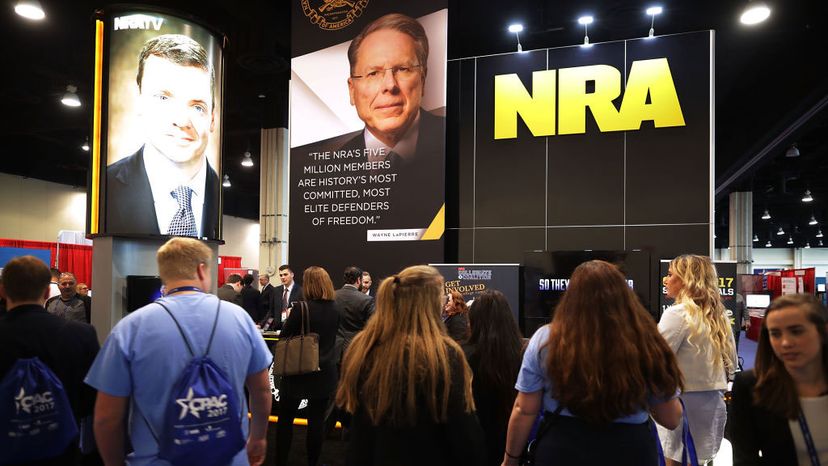
At the National Rifle Association's (NRA) annual leadership forum in Atlanta in April 2017, thousands of attendees erupted into applause as President Donald Trump took the stage to thank the organization for its support during his successful 2016 presidential campaign [source: Shear].
"You came through for me, and I am going to come through for you," Trump promised, according to a transcript of his remarks.
Advertisement
Indeed, the NRA — an organization with nearly 5 million members — had worked hard to help elect Trump. At one crucial moment in the campaign in early October, for example, the organization reportedly spent $6.5 million on a 30-second television spot, which ran on national cable channels and broadcast networks in critical battleground states like Ohio, Nevada and Virginia. In the ad, a woman who used a pistol in her purse to defend herself from a knife-wielding attacker compared Trump favorably to his opponent Democrat Hillary Clinton, a supporter of stricter gun control laws. "Donald Trump supports my right to own a gun," the woman proclaimed [source: Wheaton].
According to one analysis, in addition to spending $30.3 million to support Trump, the NRA put another $20 million into six competitive U.S. Senate races in 2016, and its favored candidates — all Republicans — all prevailed [source: Spies and Balcerzak].
Trump showed his gratitude by becoming the first sitting president in 34 years to address the NRA gathering [source: Parks]. The appearance was an indication of how far the NRA — founded in 1871 by two former Union Army officers who wanted to improve Americans' marksmanship — had come as potent political force in fighting restrictions on gun rights. It wasn't just money that helped the NRA to win elections. As George Stephanopoulos, the TV newsman and former adviser to President Bill Clinton, once explained, "Let me make one small vote for the NRA. They're good citizens. They call their congressmen. They write. They vote. They contribute. And they get what they want over time" [source: Sottile].
In addition to its political advocacy, the NRA — which had a budget of $303.5 million in 2015, according to its tax return — does plenty of other things to support gun ownership in the U.S. [source: markets insurance policies (called NRA Carry Guard) for those who arm themselves for self-defense, providing them with as much as $1 million in coverage to defray the costs of defending civil lawsuits.
In this article, we'll look at the NRA's history and mission, and how it went from an organization primarily focused on marksmanship and hunting into one that has become a potent political force.
Advertisement
